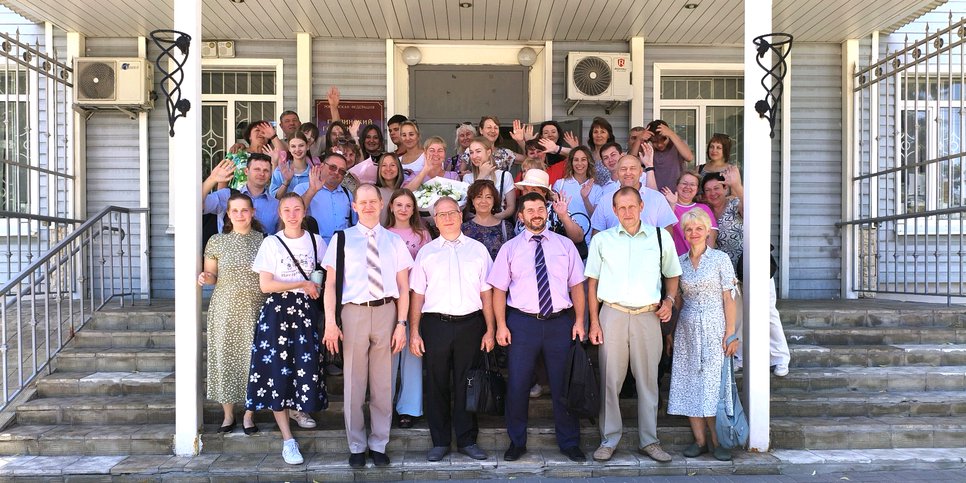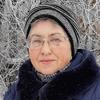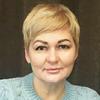The believers, their friends and relatives in front of the courthouse, July 2025
The believers, their friends and relatives in front of the courthouse, July 2025
The Gryazi City Court fined eight Jehovah's Witnesses, including two elderly women aged 68 and 72, for talking about religion and participating in meetings for worship. The fines vary from 250,000 to 550,000 rubles. The trial lasted almost 2 years and ended on July 28, 2025.
Valeriy Khmil, a father of three minors, recalls how 4.5 years ago officers of the Investigative Committee and riot police broke into his house: "It was early in the morning. The children were scared, although the law enforcement officers tried to behave appropriately." His wife, Kira, was put under pressure during the search. "One of the masked law enforcement officers said that if I don't testify, my husband will be imprisoned for 10 years. I answered: my father, brother, uncle and grandfather were imprisoned for their faith. And so will my husband," she recalls. Valeriy was not detained immediately, but a few months later — on International Day for the Protection of Children.
After the raid, seven believers, including elderly women, were placed in a temporary detention facility. Later, Reshetnikov and Kretov spent almost 8 months in a pretrial detention center, then another 4 months under house arrest. All defendants in the case were added to the list of extremists.
"I lost my job. And I couldn't get another one while the trial was going on," says Khmil. "But the most difficult thing during house arrest was social isolation, being unable to share my feelings. Over time, I learned to control my emotions. My wife and I tried to help others. This allowed me not to focus just on myself." Sergey Kretov, an automation engineer, recalls that he was also left without a job because of the arrest, but his good reputation helped to resolve the situation: "After my release from detention, my former boss came to me and said: 'Such people should not sit at home!' and took me on at a new place."
The prosecution also led to other problems. Sergey said that after his detention he developed an emotional disorder and had to consult a specialist. "It was real depression — I could not make even the simplest of decisions. It took me 2 years to recover." The arrest of the believer was a blow to his entire family. Kretov's daughter, Yelizaveta, recalls: "In one day, everything turned upside down. Lawyers, papers, documents — we were constantly stewing in this mess. I was 15. I had to grow up very quickly. Learn to make my own decisions, accept help..."
The believers claim that the charges of extremism are related solely to their religious affiliation. The case was based on audio and video recordings of meetings for worship, as well as wiretapping. As the defense notes, these materials, on the contrary, demonstrate the peaceful nature of the meetings and confirm their innocence. Even at the investigation stage, it was obvious that at least some law enforcement officers did not consider them dangerous extremists. According to Khmil, in their case, one of the investigators sincerely apologized for his actions and justified them with an "order from above".
In 2024, Mariana Katsarova, the UN Human Rights Council's special rapporteur, expressed concern about the application of Russian legislation on extremism. In her report, she noted that "the definitions of extremism are too vague and allow for arbitrary application," especially in relation to religious minorities such as Jehovah's Witnesses.








